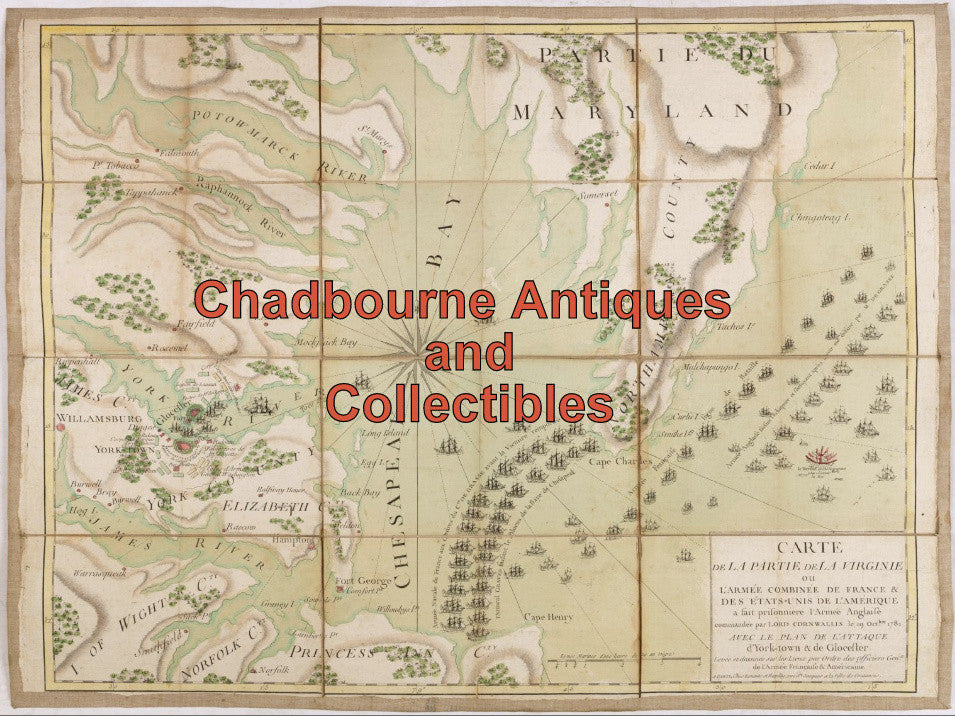$195.00 CAD
| /
Nice pre-Civil war letter from Iowa City discussing life there, schools, courts, upcoming election contested by Lincoln and Douglas in 9 days.
The United States Presidential Election of 1860 was the nineteenth quadrennial presidential election to select the President and Vice President of the United States. The election was held on Tuesday, November 6, 1860. In a four-way contest, the Republican Party ticket of Abraham Lincoln and Hannibal Hamlin emerged triumphant. The election of Lincoln served as the primary catalyst of the American Civil War.
The 1860 Republican National Convention nominated Lincoln, a moderate former Congressman from Illinois, as its standard-bearer. The Republican Party platform promised not to interfere with slavery in the states, but opposed the further extension of slavery into the territories. The first 1860 Democratic National Convention adjourned without agreeing on a nominee, but a second convention nominated Senator Stephen A. Douglas of Illinois for president. Douglas's support for the concept of popular sovereignty, which called for each individual territory to decide on the status of slavery, alienated many Southern Democrats. The Southern Democrats, with the support of President Buchanan, held their own convention and nominated Vice President John C. Breckinridge of Kentucky for president
WIKIPEDIA
